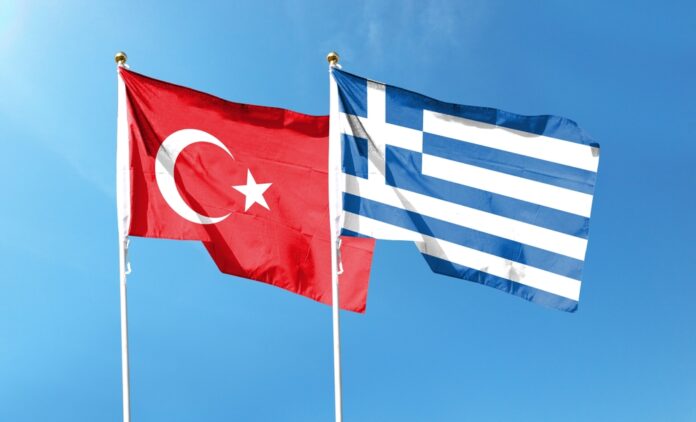Turkey and Greece — two long-time rivals — were set to test a new friendship initiative earlier this week when Kyriakos Mitsotakis, the prime minister of Greece, was going to visit Ankara.
The two countries are members of NATO, but they have mutual animosity for each other that’s dated back decades. This revolves around disputed waters and a border that is quite tense.
At the same time, the two sides agreed last December that they would sideline these disputes so that they could focus instead on energy and trade, repairing their cultural ties and many other things that are being placed on what’s being referred to as a positive agenda.
This “positive agenda” starts with improving ties after Athens displayed solidarity to Ankara following a devastating earthquake that struck the southern part of Turkey in 2023.
Mitsotakis and Recep Tayyip Erdogan, the president of Turkey, don’t agree at all about the ongoing war between Israel and Hamas, but they both don’t want to add more instability to the eastern Mediterranean region, especially as a war continues to rage on in Ukraine.
Last week, Mitsotakis commented on his upcoming visit to Turkey, saying:
“We always approach our discussions with Turkey with confidence and with no illusions that Turkish positions will not change from one moment to the next. Nevertheless, I think it’s imperative that when we disagree, the channels of communication should always be open.
“We should disagree without tension and without this always causing an escalation on the ground.”
According to Bilkent University political science professor Ionnis Grigoriadis, the two world leaders would try to find ways “to expand the positive agenda and look for topics where the two sides can seek win-win solutions.” This would be applied to migration, tourism and trade.
Following Erdgon’s visit to Athens last December, the two countries have tried to promote many initiatives such as tourism and educational exchanges.
This summer, citizens of Turkey are able to visit 10 Greek islands using what are known as on-the-spot visas. The program allows them to skip a very cumbersome procedure that’s typically needed for them to enter the common travel area zone in Europe known as the Schengen area.
As Grigoriadis commented:
“This generates a great opportunity for improving the economic relations between the two sides, but also to bring the two stable societies closer — for Greeks and Turks to realize that they have more things in common than they think.”
Over the last 50 years, Turkey and Greece have come close to a war multiple times. Most of the disputes revolve around maritime borders as well as who has the rights to explore for resources in the eastern Mediterranean and Aegean seas.
They also have a long-standing dispute over the island of Cyprus, which has been divided since 1974 following Turkey’s invasion. Turkey is the only country that recognizes a Turkish Cypriot declaration of independence on the northern third of the island.

